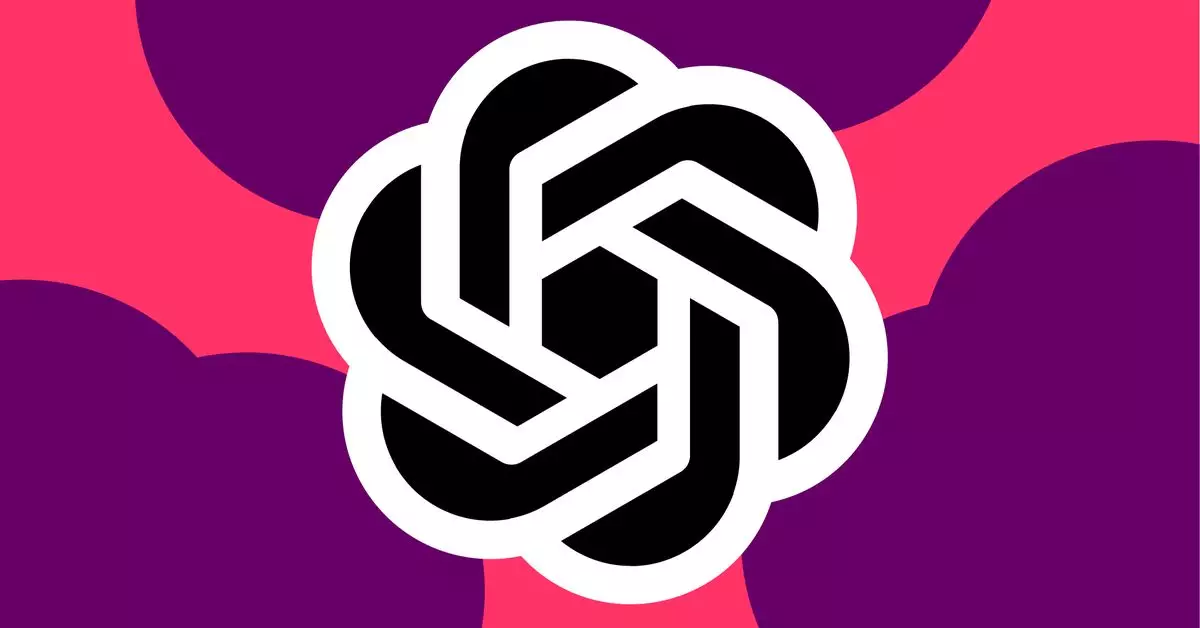On a Thursday afternoon, the popular AI chatbot ChatGPT experienced a dramatic disruption that affected many users. Starting around 1:30 PM ET, individuals began reporting their frustrations on platforms like Down Detector, as they encountered error messages and inability to receive responses from the chatbot. The timing of these reports is critical, as it aligned closely with an announcement from OpenAI, which confirmed escalating technical issues across multiple services including ChatGPT and its related technologies, such as the API and text-to-video generator named Sora.
By 2 PM ET, OpenAI publicly acknowledged the ongoing problems, stating that their systems were facing “high error rates.” Continuous updates came later in the evening, which indicated that while progress was being made towards restoring Sora, ChatGPT’s operational status remained uncertain. Reasons behind the service disruption were not abundantly clear at first, leading to speculations about the specific technical failures occurring within OpenAI’s infrastructure.
The briefings hinted at an underlying connection to issues from “upstream providers,” which pointed toward Microsoft’s role as OpenAI’s cloud service provider. Coinciding with OpenAI’s outages, Microsoft reported power issues within a datacenter that seems to have affected numerous services, further complicating the narrative surrounding the outage.
Impact and Response
The power incident reportedly had significant repercussions not just for ChatGPT but also for other platforms that relied on Microsoft’s cloud services, including gaming solutions like Xbox. Customers across North America experienced degraded performance during this critical time, demonstrating the interconnected nature of modern technological ecosystems.
In rapid succession, Microsoft communicated that power had been fully restored by 5 PM ET, signifying a pivotal step toward restoring normal service conditions. However, users remained on edge as reports of various forms of outages, including latency and HTTP 500 errors, suggested that recovery could be gradual rather than immediate.
This recent incident was not the first significant outage for ChatGPT. Users recall previous disruptions occurring just weeks after the release of Sora. This pattern emphasizes a troubling reality—continuously relying on complex AI tools can lead to unexpected downtime, raising questions about stability and service reliability. Such outages hinder user trust and have the potential to deter future adoption of these technologies.
While incidents like this are typically resolved quickly, they nonetheless amplify concerns regarding how heavily organizations depend on specific cloud infrastructures. As these technologies advance, stakeholders must proactively address the risks associated with outages. Building robust systems capable of withstanding such failures will not only improve user experience but also enhance the long-term viability of AI applications.
Through these events, it’s evident that the evolution of AI is intrinsically linked to its supporting technologies. As we navigate this intricate landscape, both developers and users must stay informed and prepared for the inevitable challenges that accompany innovation. Ultimately, fostering resilience in these digital systems will be crucial to ensuring they can withstand the pressures of growing user demand and unexpected technical challenges in the future.


Leave a Reply